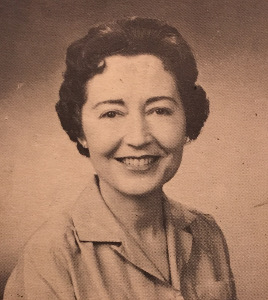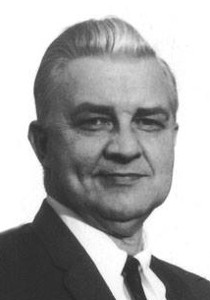Pontiac: Lion in the Forest

Author:
Wilma Pitchford Hays ![]()
Illustrator:
Lorence F. Bjorklund
Publication:
1965 by Houghton Mifflin Company
Genre:
Biography
Series:
Piper Books ![]() Members Only
Members Only
Pages:
190
Current state:
This book has been evaluated and information added. It has been read but content considerations may not be complete.
Book Guide
Search for this book used on:
Author's Note
The history in this book is true although imagination played a part in re-creating some of the scenes, particularly those of Pontiac's early childhood which are based on the kind of life an Ottawa boy of his age lived.
The people in the story are real. And many of their words or speeches are taken, in part, from records written down by interpreters who sat in council with the Indians and white men.
For years historians have studied records, journals, and old letters to learn more about the great Chief Pontiac who almost succeeded in returning the Indians' homeland to them. Historians disagree about some of the battles Pontiac lead or did not lead, and even about the manner of his death. News traveled slowly in those days. One settlement might not know what had happened in another settlement until months after the event took place. And often the story had changed a little in its travels. Yet everyone had heard of the powerful leader, Pontiac.
Colonel Crogan wrote to General Gage who had fought with General Braddock at his defeat: "Pontiac is a shrewd, sensible Indian of few words, and commands more respect among his own nation than any Indian I ever saw . . ."
We have to remember the affection and respect which his Indians held for Pontiac to understand their cruel slaughter of whole tribes of Illinois Indians in retaliation for his death. The Indians had no written laws, only long-standing customs an decisions of chiefs in council. To keep order, the Indians made punishment of a crime certain and cruel.
We do not know how many children Pontiac left, but two of his sons must have inherited their father's power of persuasion and his leadership. A speech by one of them, Shegenaba, is preserved in Force's American Archives, a set of books containing early American documents. Another son, Otussa, was a leader of the Ottawas. A great-grandson, Atoka, was chief of an Ottawas tribe on the Maumee. After many years of trying to save the Ottawa homelands, Atoka finally moved his people west of the Mississippi River.
Wilma Pitchford Hays
This book contains a pronunciation key.
To view an example page please sign in.
Content Guide
Please sign in to access all of the topics associated with this book and view other books with the same topics.
Please sign in to access the locations this book takes place in and view other books in the same location.
Please sign in to access the time periods this book takes place in and view other books in the same time period.
Please sign in to access information about the content of this book that you may want to consider before reading.
Find This Book
Search for this book used on:



